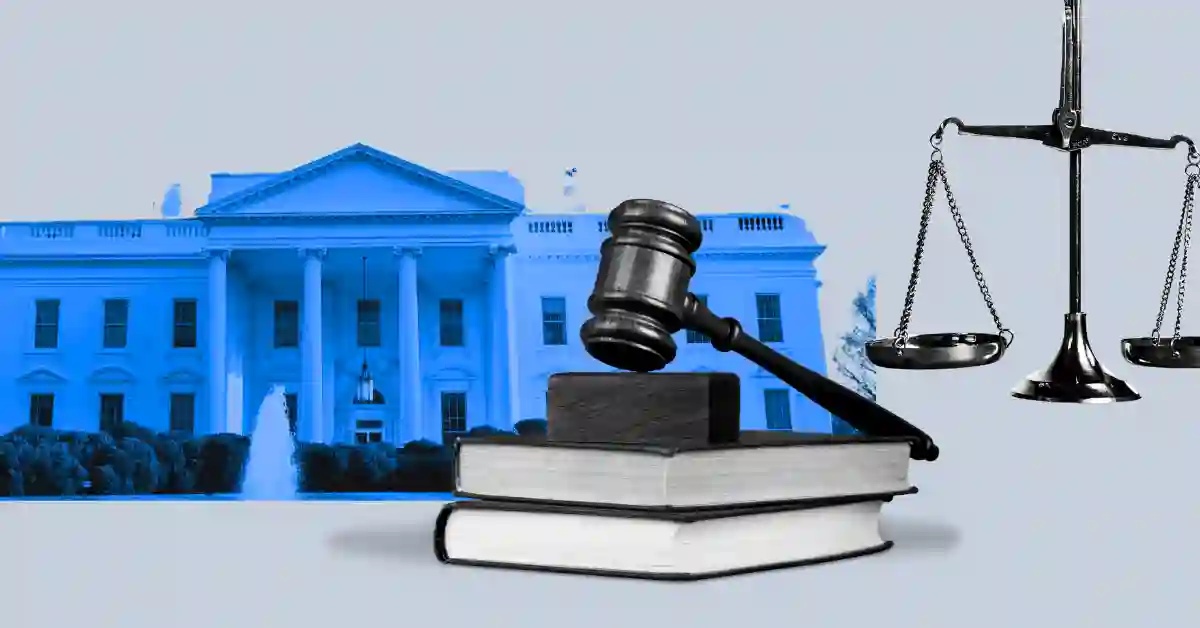
In a latest X post, FOX Business journalist, Eleanor Terrett shared that Coinbase has released the 23 so-called “pause letters” they received from the FDICgov as a result of suing the agency to get access to documents relating to what the crypto industry has dubbed “Operation Chokepoint 2.0.”
Notably, the name refers to what many players in the crypto industry allege has been a deliberate effort by regulators to stifle industries they deem untrustworthy by cutting off their access to the banking system. These communications, brought to light by Coinbase, spotlight how regulatory ambiguity has fueled tension between crypto firms and federal banking authorities.
According to the letters sent in 2022, the FDIC requested the institutions “pause all crypto asset-related activity” in response to the uncertain regulations around digital assets.
“The FDIC will notify all FDIC-supervised banks at a later date when a determination has been made on the supervisory expectations for engaging in a crypto asset-related activity, including the need for any regulatory filings,” some of the letters read.
Coinbase CLO Paul Grewal noted “the letters that show Operation Chokepoint 2.0 wasn’t just some crypto conspiracy theory. FDICgov is still hiding behind way overbroad redactions. And they still haven’t produced more than a fraction of them,” he noted.
Grewal shared that he is proud of the team’s efforts in pursuing FOIA requests, despite FDIC denials, appeals, and a federal lawsuit. He underscored that they will continue pushing for clarity and transparency from the government, including unredacted versions of letters.
“Law-abiding American businesses should be able to access banking services without government interference. The incoming administration has the opportunity to reverse so many poor crypto policy decisions, chief among them politically motivated regulatory decisions like Operation Chokepoint 2.0,” he underscored.
Operation Chokepoint 2.0, a term used by the crypto industry, suggests that the US government is pressuring banks to cut ties with crypto companies. The original initiative, from 2013 to 2017, targeted payday lenders and high-risk activities. In November, high-profile executives from crypto firms claimed that banks informed them their accounts would be closed in 2023 due to their digital assets ties.
For years, crypto companies have faced challenges in U.S. banking partnerships due to unclear federal regulators’ guidance, concerns about regulatory compliance, fraud risks, and potential reputational damage, leading to reluctance from banks.
Coinbase executives argue that the absence of formal crypto guidelines allows regulators to impose informal restrictions, effectively isolating the crypto industry from mainstream financial services.
The FDIC (Federal Deposit Insurance Corporation) insures bank deposits, promoting stability and public confidence in the U.S. banking system.
No, Coinbase is not directly backed by the FDIC. However, it works with FDIC-insured banks for fiat transactions.
No, the FDIC does not insure cryptocurrencies. FDIC insurance covers only traditional bank deposits, not digital assets.
The Bitcoin price has smashed a new ATH at $109,845 after breaching above the current…
Shiba Inu (SHIB), the internet’s most popular dog coin, has made headlines again with a…
In 2023, Pepe delivered massive gains, turning casual bets into major wins for early believers.…
In only a few hours, Wall Street Ponke raised 300K and launched the first AI-powered…
Cardano (ADA) has always played the long game. While flashier projects chased hype cycles, Cardano…
After an underwhelming performance in the last four months, Ethereum’s 50% upswing in May sparks…